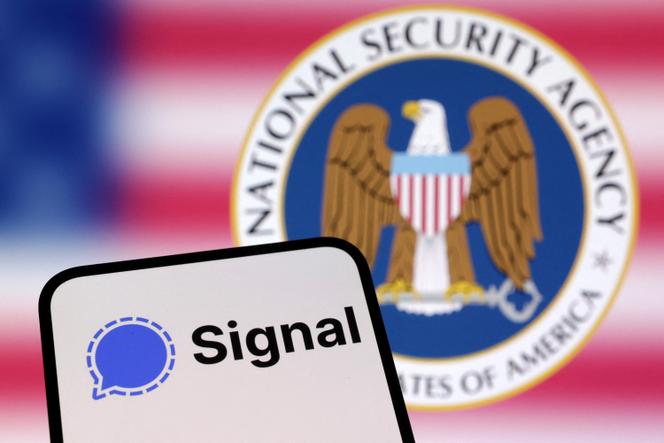


Jeffrey Goldberg, editor-in-chief of the magazine The Atlantic, wasn't supposed to be part of the chat. On Monday, March 24, he revealed that he had been accidentally added to the group on the Signal messaging service. The short-lived chat, called "Houthi PC small group," was notably made up of 18 top-level US military and government officials: Vice President JD Vance, Secretary of State Marco Rubio, CIA Director John Ratcliffe, Secretary of Defense Pete Hegseth, and Director of National Intelligence Tulsi Gabbard.
Over several days, the journalist was able to read precise information on US air strikes conducted against Houthi rebels in Yemen, on March 15. This blunder has triggered a heated controversy about the way Donald Trump's administration members share sensitive information. The debate revolves around three key points.
As a general rule, classified documents and highly sensitive military information should not be sent via publicly available private messaging services, but rather using communication methods that have either been designed or purchased and approved by the appropriate authorities. This was recently reiterated by a Pentagon memo, published by NPR. However, most of the officials involved in the Signal group chat, as well as the White House itself, have since retorted that the chat's contents were not classified. Democratic representatives have sharply criticized this line of defense, and argued that detailed information on the locations where overseas military strikes are conducted is, indeed, classified.
You have 70.83% of this article left to read. The rest is for subscribers only.
